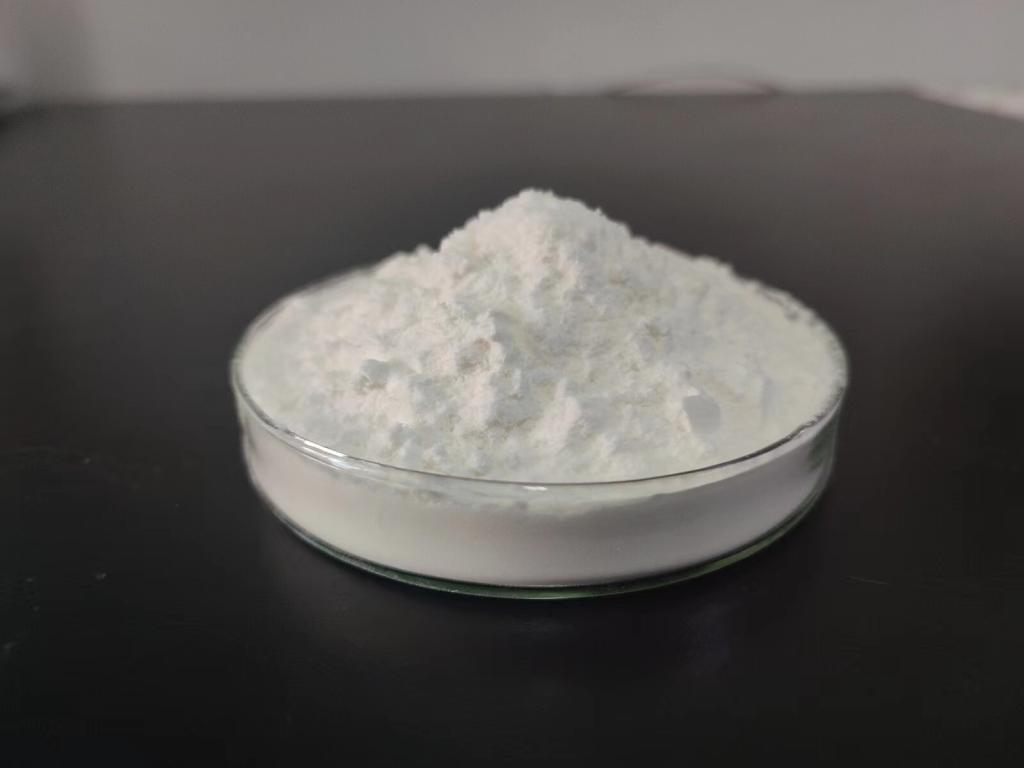Tel:0086 18231198596

News
Current Position:
Home >
News
>ε-Polylysine hydrochloride as a natural alternative to synthetic antimicrobials.
ε-Polylysine hydrochloride as a natural alternative to synthetic antimicrobials.
TIME:2024-04-18
Properties of ε-Polylysine Hydrochloride:
ε-Polylysine hydrochloride is a cationic polymer composed of lysine residues linked by peptide bonds. It is derived from fermentation of Streptomyces albulus and is generally recognized as safe (GRAS) for use in food products. ε-PL-HCl exhibits excellent antimicrobial activity against a wide range of bacteria and fungi, including foodborne pathogens such as Escherichia coli, Salmonella spp., and Listeria monocytogenes. Its stability over a wide range of pH and temperature conditions makes it suitable for various food applications.
Mechanisms of Action:
The antimicrobial activity of ε-PL-HCl primarily involves its interaction with microbial cell membranes. As a cationic polymer, ε-PL-HCl binds to the negatively charged surface of microbial cells, disrupting membrane integrity and permeability. This disrupts essential cellular processes, leading to microbial death. Additionally, ε-PL-HCl can inhibit microbial enzyme activity and disrupt DNA replication, further contributing to its antimicrobial effects.
Safety and Regulatory Status:
ε-Polylysine hydrochloride is considered safe for use in food products and has been approved for use as a preservative in many countries, including the United States, European Union, and Japan. Regulatory authorities have evaluated ε-PL-HCl and determined that it poses minimal risk to human health when used within established limits. It is generally regarded as non-toxic and non-allergenic, making it suitable for use in a wide range of food products.
Applications in Food Preservation:
ε-PL-HCl finds applications in various food products, including meat, poultry, seafood, dairy, and fermented foods. It can be incorporated directly into food formulations or applied as a coating or spray to inhibit microbial growth and extend shelf life. ε-PL-HCl is particularly effective in controlling spoilage bacteria and foodborne pathogens, making it valuable for enhancing food safety and quality. Additionally, ε-PL-HCl's natural origin aligns with consumer preferences for clean label ingredients, making it an attractive option for natural food preservation.
Challenges and Future Prospects:
Despite its advantages, the widespread adoption of ε-PL-HCl in food preservation faces several challenges. These include limitations in stability under certain processing conditions, regulatory constraints, and the need for further research to optimize formulations and application methods. However, ongoing advancements in ε-PL-HCl production, formulation, and application technologies offer opportunities to overcome these challenges and expand its use in the food industry. Future research may focus on improving ε-PL-HCl stability, exploring synergistic effects with other natural preservatives, and addressing consumer acceptance and regulatory requirements.
Conclusion:
ε-Polylysine hydrochloride represents a promising natural alternative to synthetic antimicrobials in food preservation. Its broad-spectrum antimicrobial activity, safety, and natural origin make it well-suited for enhancing food safety and quality while meeting consumer preferences for clean label products. Despite challenges, ongoing research and development efforts are expected to drive the wider adoption of ε-PL-HCl in the food industry, contributing to the advancement of natural food preservation practices. With continued innovation and collaboration, ε-PL-HCl has the potential to play a significant role in ensuring the safety, quality, and sustainability of food products.

 CONTACT
CONTACT




